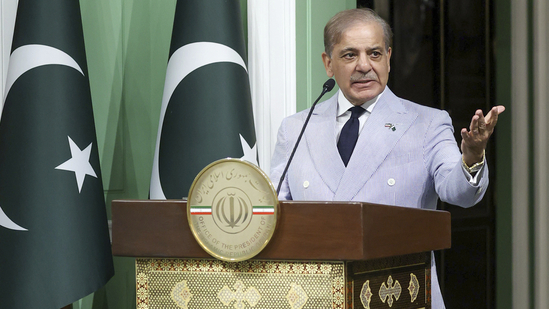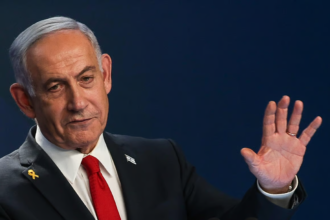On Tuesday, Pakistan announced a 20% increase in its defence budget, allocating PRs. 2,550 billion (USD 9 billion) for the fiscal year 2025–26, against the backdrop of ongoing tensions with India.
Finance Minister Muhammad Aurangzeb presented the PRs. 17,573 billion federal budget for 2025–26 in the National Assembly, along with the finance bill. In his address, he stated, “The government has decided to allocate PRs. 2,550 billion for the defence of the country,” without providing further details—consistent with the tradition of limited parliamentary discussion on defence expenditure.
This marks a significant rise from the previous year’s allocation of PRs. 2,122 billion, which itself was a 14.98% increase over the PRs. 1,804 billion allocated in 2023–24.
Calling it a “historic time,” Aurangzeb referred to national unity and resolve in light of recent conflict with India. Tensions escalated following the April 22 Pahalgam terror attack, with India launching precision strikes on terror infrastructure in Pakistan and Pakistan-occupied Kashmir on May 7. The four-day military engagement concluded with an agreement to cease hostilities after talks between the two nations’ directors general of military operations on May 10.
Defence spending remains the second-largest component of Pakistan’s annual expenditure, after debt servicing. For 2025–26, PRs. 8,207 billion has been allocate for debt payments—the single largest expense.
The increase in defence allocation is expect to gain widespread support during parliamentary debate and voting on the finance bill.
The finance minister also announced a GDP growth target of 4.2% for the coming year, up from the 2.7% growth recorded in the current fiscal year ending June 30. Other key allocations include PRs. 971 billion for civil administration, PRs. 1,186 billion for subsidies, PRs. 1,055 billion for pensions, and PRs. 1,000 billion for the Public Sector Development Programme.
Aurangzeb projected inflation to be capped at 7.5%, with a fiscal deficit target of 3.9%. The government is also aiming to achieve a primary surplus.
An ambitious tax revenue target of PRs. 14,131 billion has been set for the Federal Board of Revenue, representing an 8.95% increase over the previous year’s target.
Highlighting recent economic progress, Aurangzeb said inflation had dropped to 4.7% in the outgoing fiscal year, down from 29.2% two years ago. He noted a current account surplus of USD 1.5 billion, with foreign exchange reserves projected to reach USD 14 billion and remittances expected to hit USD 38 billion by year-end.
Also Read: The Policy Shift That Could Radically Change the Housing Crisis










